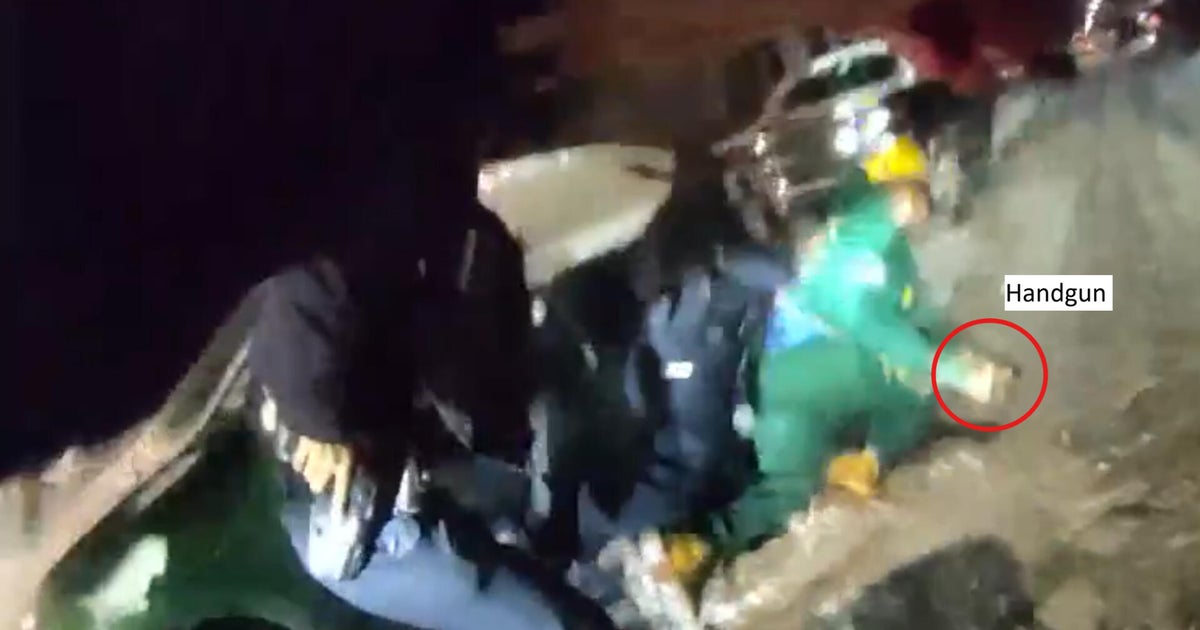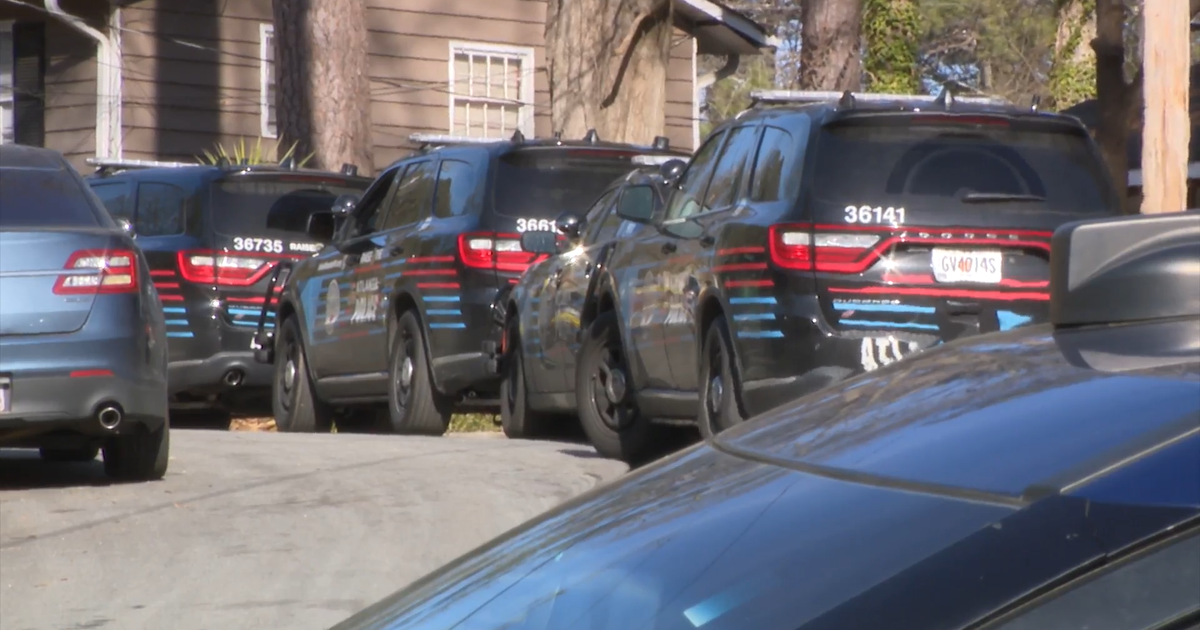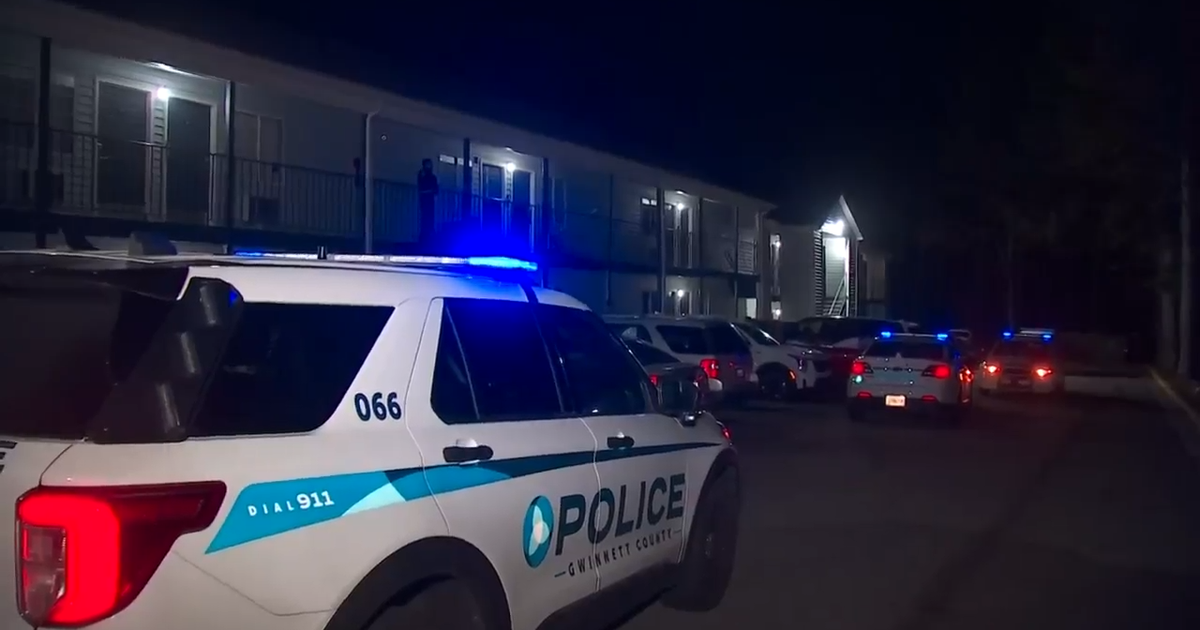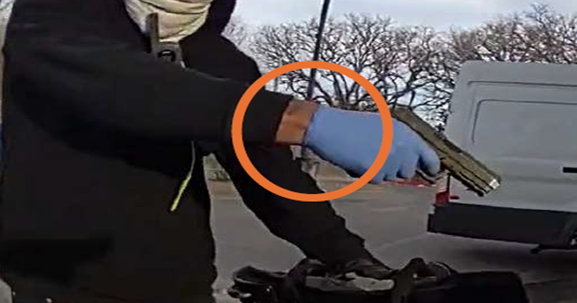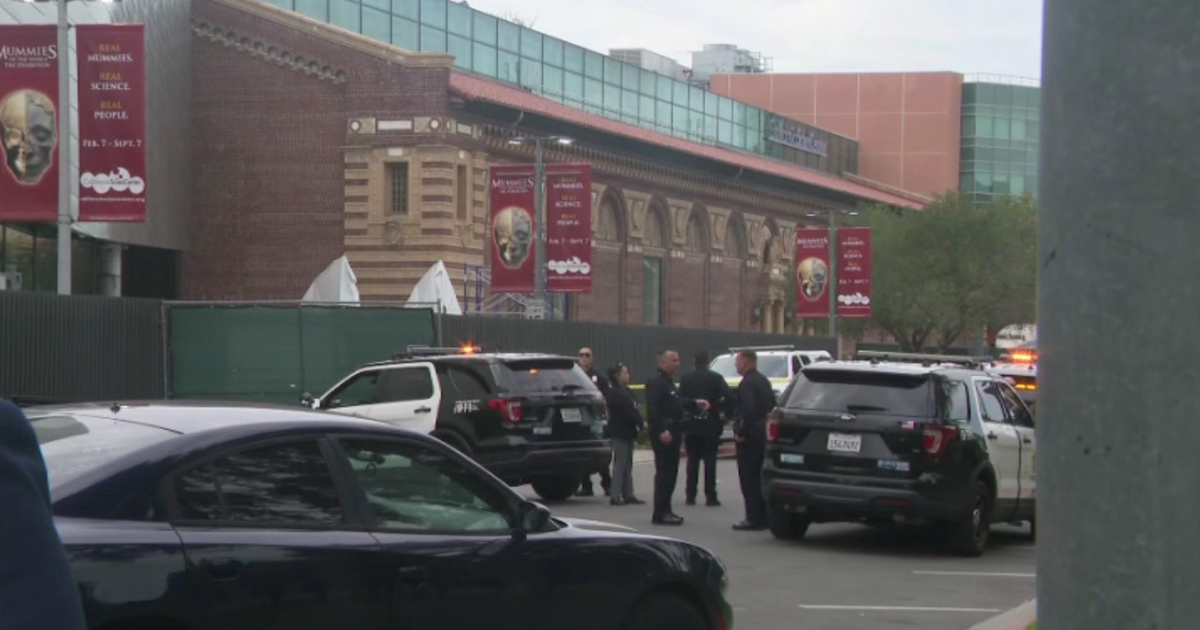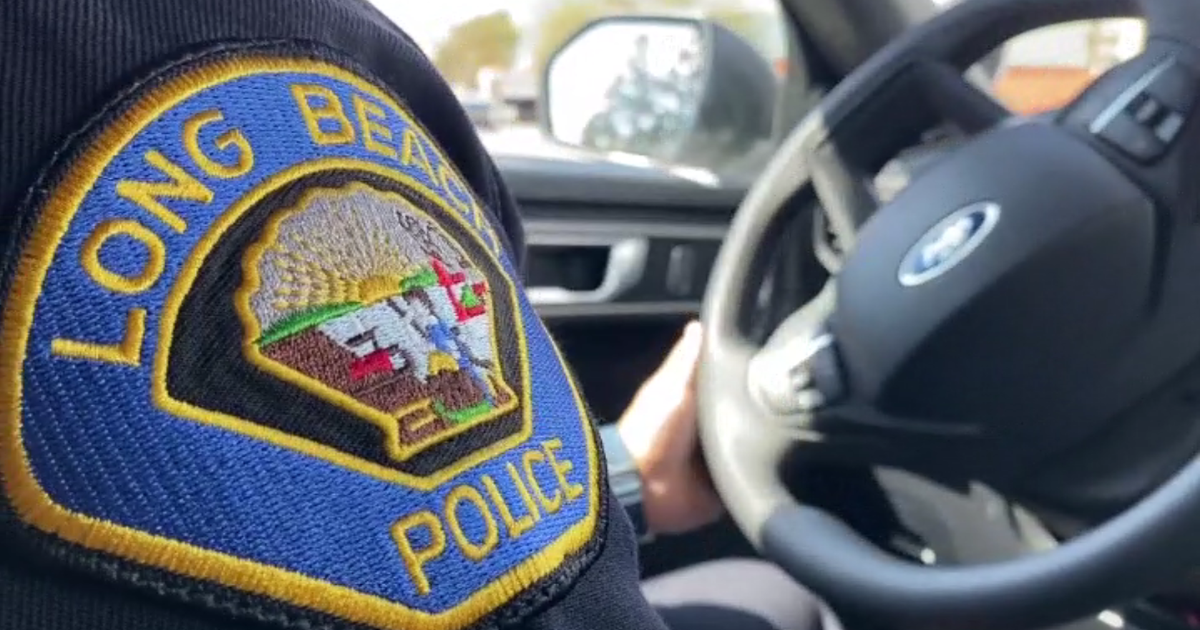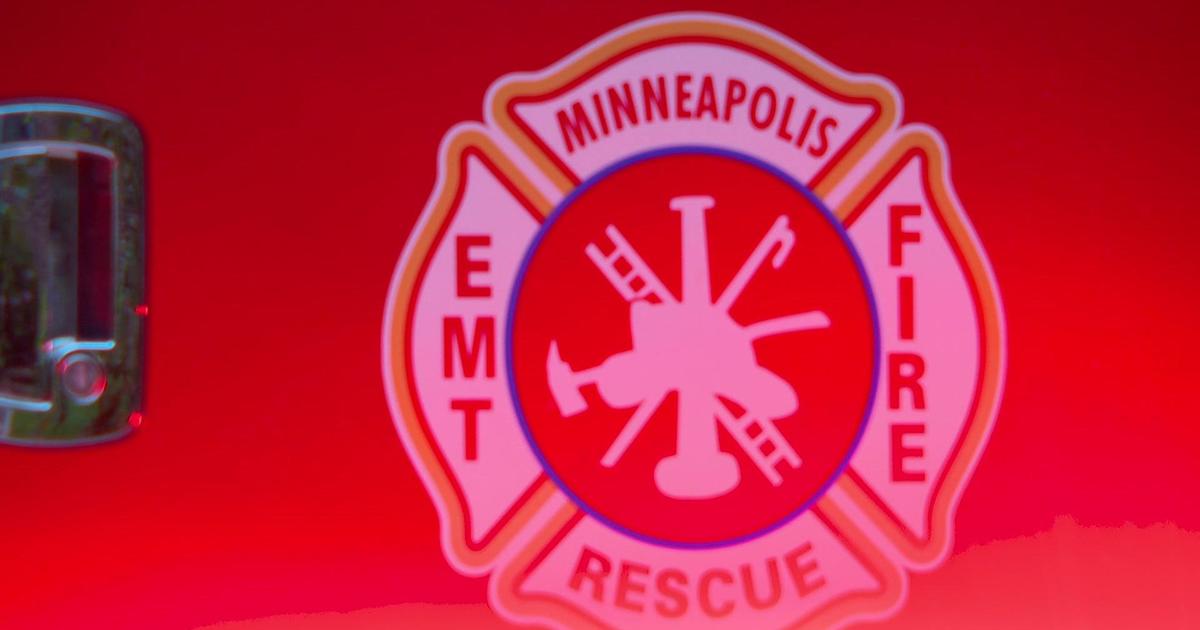Settlement Reached In Case Stemming From 2008 RNC
MINNEAPOLIS (AP) -- An anti-war protester wounded by a police projectile during the 2008 Republican National Convention settled his excessive force lawsuit Wednesday against the officer who fired the round and the cities of Minneapolis and St. Paul.
Mick Kelly, of Minneapolis, said that under terms of the settlement, the dollar amount could not be disclosed. But he said that based on the settlement, he'd give $5,000 to the Committee to Stop FBI Repression, and donate additional funds to other progressive causes.
"What happened to me at the RNC was wrong," Kelly said. "And the bottom line is that a police officer just walked up to me and shot me while I was carrying a banner ... it was part of overall oppression that persisted during the RNC and prior to, and subsequent to it."
"In my view this represents at least a part, a piece, of getting justice," he added.
Thousands of protesters descended on the streets of St. Paul before and during the four-day convention in 2008. More than 800 people were arrested, some for felonies, but the vast majority for misdemeanors and gross misdemeanors and their cases were either dismissed or never prosecuted.
An independent review of police planning and procedures found law enforcement was generally restrained and professional, but some areas could have been handled better. That review did not investigate allegations of police brutality.
Several lawsuits were filed after the convention, alleging authorities violated the rights of some who were arrested or had their property searched. So far, roughly 10 lawsuits have been settled and four or five have been dismissed, said Jason Hiveley, an attorney for the defendants in these cases. A few cases are still pending.
Recent settlements include a $27,000 agreement reached Tuesday over the seizure of literature and other items in pre-convention searches. That settlement will be split among six people, Hiveley said. Last week, a $50,000 settlement was split among three people, who alleged police and federal agents violated their rights during a pre-convention search of a home.
The city of St. Paul has a $10 million insurance policy to cover damages stemming from claims of police misconduct related to the convention. The policy was bought by the Republican Party's host committee and paid for with private donations. It covers claims against city, county and state law enforcement agencies who helped out.
According to court documents, Kelly was protesting Sept. 4, 2008, when authorities say he harassed a police horse with a banner, then used the banner's pole to lunge at an officer after the banner was taken away. Kelly denies those claims, saying he was not near the horse. A witness told the court Kelly never assaulted anyone.
An officer who claimed he saw Kelly lunge at his colleague fired a 40-millimeter marking round, similar to a foam baton or sponge round, at Kelly. Officer Lucas Peterson testified the velocity of the round is similar to that of a professionally thrown baseball.
Kelly was severely bruised, and was in pain for months, but had no internal injuries, according to court documents.
Kelly and his attorney, Ted Dooley, said they would have preferred postponing the trial and being allowed to subpoena someone they believe was a police informant. That request was denied earlier Wednesday, to Kelly's disappointment.
Kelly has been in the spotlight in recent months after his home was among those raided by the FBI in September in an investigation into alleged material support of terrorism. Kelly was subpoenaed to testify before a grand jury in Chicago, but he and other anti-war activists refused to appear, saying they have done nothing wrong and are being targeted for their activism.
Few details are known about that investigation, but documents left at Kelly's home by the FBI during its search, and made public two weeks ago, suggest some of the activists' trips to Colombia may have started a probe into apparent connections between local activists and radical groups in Colombia and the Middle East. One document says the investigation expanded to include 16 people in six states.
Since those September raids, 23 people in Minneapolis, Chicago and Grand Rapids, Mich., have been subpoenaed to appear before a grand jury in Illinois. Authorities haven't revealed the targets of the investigation or its exact nature, other than to say it involves activities concerning the material support of terrorism.
No one has been charged in that case.
(© Copyright 2011 The Associated Press. All Rights Reserved. This material may not be published, broadcast, rewritten or redistributed.)
